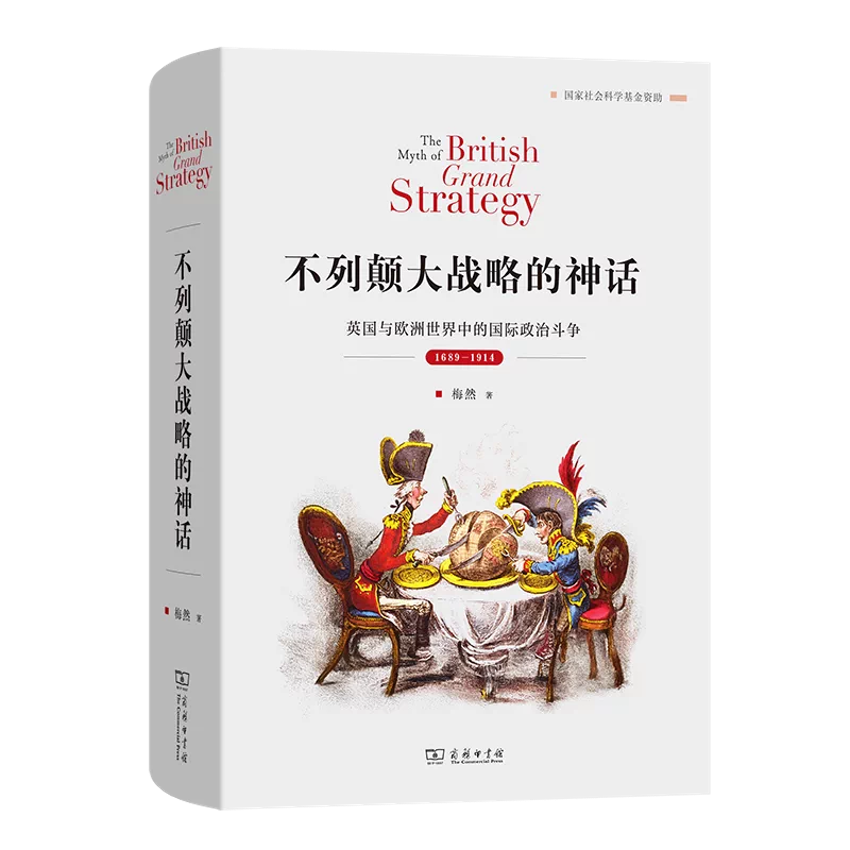
Author: Mei Ran
Publisher: The Commercial Press, May 2025
Abstract
For Britain from the late 17th century to the early 20th century, there has long existed an almost axiomatic academic consensus: that maintaining the European balance of power—or preventing the emergence of a continental hegemon—was the cornerstone of British foreign policy and a fundamental guarantee of Britain's rise and dominance in international politics.
This book challenges that traditional understanding, arguing that the image of Britain as an “active defender of the European balance of power” is a myth that does not align with historical reality. Drawing extensively on British writings and primary documents from the period, the author identifies eleven major objectives of British foreign policy—among them, maintaining the balance of power. By focusing on the balance of power, the book analyzes how these objectives interacted with one another and explores the guiding ideas and specific practices of British diplomacy, ultimately dismantling the myth.
The book also investigates why this myth has persisted and what misconceptions it has fostered about Britain's foreign relations and international influence during the time. It stands as a major macro-level study of British foreign policy in the modern era, offering new perspectives and insights into Britain's historical trajectory and international identity.
Author Biography
Mei Ran is an Associate Professor at the School of International Studies, Peking University. His research focuses on international security and strategy, the history of international relations, and strategic history. He is the author of The Grand Strategy of the German Empire: Germany and the Coming of the Great War and War, Empire, and the Transformation of International Politics, and has contributed to works such as A History of International Relations (Modern Volume) and Rethinking Globalization: Theory, History, and Trends.
Table of Contents
1. Homeland, Economy, Colonies, and Domestic Politics
2. Sea Power, the Low Countries, Lines of Communication, and Hanover
3. Constitution and Nation
4. The European Balance of Power
5. The Balance of Power Among Foreign Policy Goals
6. Isolationism
7. Liberal Internationalism
8. Blue-Water Strategy
9. From the Nine Years’ War and the War of Spanish Succession to the War of Austrian Succession
10. From the Seven Years’ War to the Anglo-Prussian-Dutch Alliance
11. Wars with Revolutionary and Napoleonic France and the Vienna System
12. Palmerston, Aberdeen, and the Crimean War
13. “Non-Intervention” After the Crimean War
14. Disraeli, Gladstone, and Salisbury
15. Grey, Germany, and the Outbreak of World War I
16. Conclusion and Further Reflections